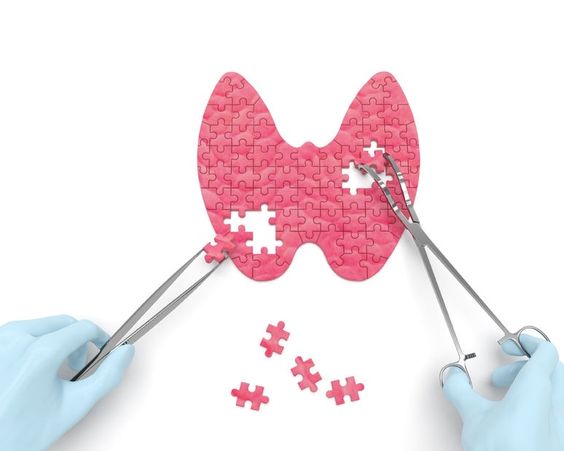Introduction:
Thyroid surgery, also known as thyroidectomy, is a surgical procedure to remove all or part of the thyroid gland. The thyroid is a small, butterfly-shaped gland located at the base of your neck. It produces hormones that regulate metabolism, energy levels, and other essential bodily functions.

Several conditions may necessitate thyroid surgery, including thyroid cancer, benign thyroid nodules, an overactive thyroid (hyperthyroidism), or an enlarged thyroid gland (goiter) causing difficulty breathing or swallowing. This article serves as a comprehensive guide to understanding thyroid surgery, outlining what to expect before, during, and after the procedure.
Please note: This information should not substitute the guidance of your healthcare provider. Always discuss your specific situation and any concerns you may have with your medical team.
Preparing for Thyroid Surgery:
Your doctor will provide specific instructions tailored to your health status and the type of surgery planned. However, general preparations for thyroid surgery typically include:
- Medical Evaluation: This may involve a physical exam, blood tests, and imaging scans to assess your thyroid's condition and overall health.
- Medications: Your doctor might advise adjusting or temporarily stopping certain medications, especially blood thinners, a few weeks before surgery.
- Dietary Restrictions: You may need to fast for a specific period before the surgery. Your doctor will provide clear instructions on when to stop eating and drinking.
- Quitting Smoking: Smoking can hinder healing. It's crucial to quit smoking well in advance of your surgery to minimize complications and promote faster recovery.
During Thyroid Surgery:
Thyroid surgery is performed under general anesthesia, meaning you'll be asleep throughout the procedure.
- Incision: The surgeon will make a small incision in the lower front of your neck, carefully navigating around the vocal cords and other critical structures.
- Thyroid Removal: The extent of thyroid removal depends on the reason for surgery. Your surgeon may remove all or part of your thyroid gland.
- Closure: Once the thyroid tissue is removed, the incision is closed with sutures or surgical staples.
Recovery After Thyroid Surgery:
Most patients stay in the hospital for one or two nights following thyroid surgery.
- Pain Management: You can expect some pain and discomfort after surgery, which will be managed with pain medication.
- Voice Rest: Due to the surgery's proximity to the vocal cords, your voice might be hoarse or weak initially. Voice rest is recommended for a few days following surgery.
- Scar Care: Your healthcare team will provide instructions on caring for your incision and minimizing scarring.
- Thyroid Hormone Replacement: If your entire thyroid is removed, you'll need to take daily thyroid hormone replacement medication for the rest of your life to replace the hormones your body can no longer produce.
Potential Risks and Complications:
Like any surgery, thyroid surgery carries potential risks and complications, although they are generally rare. These may include:
- Bleeding
- Infection
- Damage to the parathyroid glands (small glands near the thyroid that regulate calcium levels)
- Injury to the nerves that control the vocal cords, potentially leading to voice changes
- Hypothyroidism (underactive thyroid)
It's crucial to discuss these risks and your concerns with your surgeon before the procedure.

.jpg)